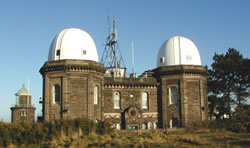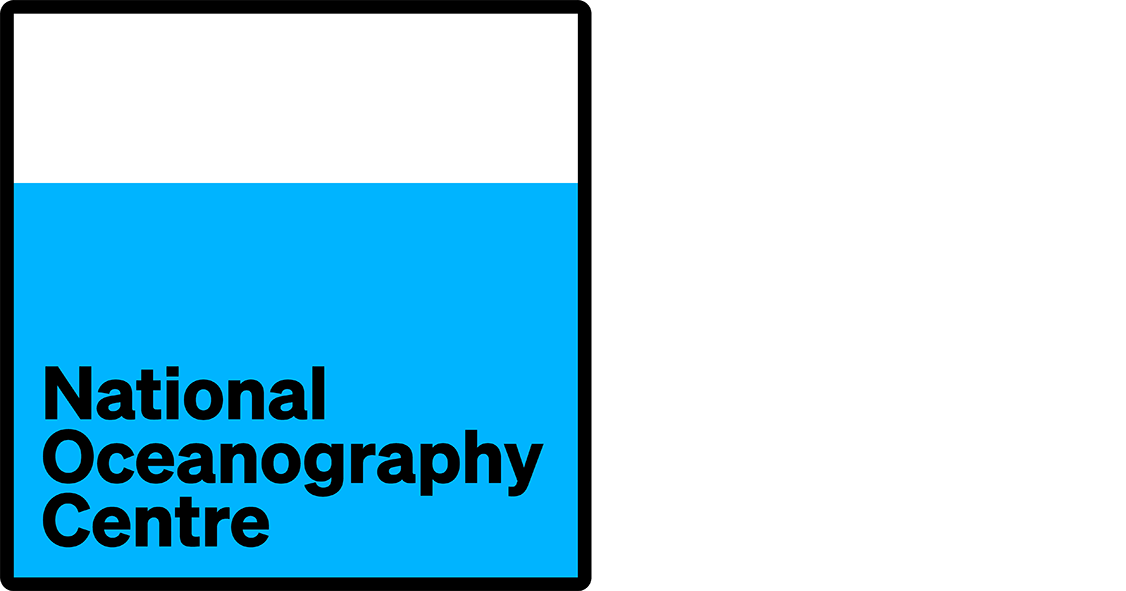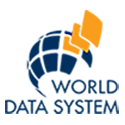- About
- What is BODC
- Our history
Our history

Origins
The origins of BODC go back to 1969 when the Natural Environment Research Council (NERC) created the British Oceanographic Data Service (BODS). Located at the National Institute of Oceanography in Wormley, its purpose was to
- Act as the UK’s National Oceanographic Data Centre (NODC)
- Participate in the international exchange of data as part of the Intergovernmental Oceanographic Commission (IOC) network of national data centres
BODC continues this role to the present day.
In 1975 BODS was transferred to Bidston Observatory on the Wirral, as part of the newly formed Institute of Oceanographic Sciences.
In 1976, after a high-level review of offshore industry requirements, BODS became the data banking section of the Marine Information and Advisory Service (MIAS). The section was funded for four years by the Department of Energy and Industry. Its primary activity was to manage the data collected from the UK Offshore Operators Association (now Oil & Gas UK) network of weather ships, oil rigs and large-scale data buoys.
Until the late 1980s, the MIAS Data Banking Section (MDBS) continued to manage data for UKOOA and assemble archives of wave, moored current meter, offshore tide gauge and CTD data.
The approaches developed during this time underpin much of BODC’s present operations. During the late 1980s, MDBS was funded mainly by NERC, supplemented by contributions from UKOOA and from the UK Hydrographic Office (UKHO).
MDBS pioneered a generalised approach for handling oceanographic data, resulting in what was to become the IOC’s international General Format Version 3 (GF3).
Formation of BODC
In April 1989 MDBS was restructured to form BODC. Our mission was to 'operate as a world-class data centre in support of UK marine science' with an emphasis on
- Providing data management support for UK marine science projects
- Maintaining and developing the UK’s National Oceanographic Database (NODB)
- Developing innovative marine data products and digital atlases
- Collaborating (on behalf of the UK) in the international exchange and management of oceanographic data
- Making high-quality data readily available to UK research scientists in academia, government and industry
We went on to become the international centre (on behalf of IOC and the International Hydrographic Organization) for creating, maintaining and publishing the General Bathymetric Chart of the Oceans (GEBCO) Digital Atlas. We also became the World Ocean Circulation Experiment (WOCE) Data Assembly Centre for Sea Level Data.
BODC also assumed responsibility for managing the data from NERC’s first two major thematic programmes — the North Sea Project and the Biogeochemical Ocean Flux Study (BOFS).
A pioneering approach to data management
In the late 1980s, starting with the North Sea and BOFS projects, BODC pioneered a start to finish approach to marine data management. This involved
- Assisting in the collection of data at sea
- Working up and quality controlling data
- Assembling the data for use by the principal investigators
- Publishing data sets on CDROM
Previously, data management had been viewed by scientists as a clearing up operation once projects were complete, occurring well after the publication of research results. It led to incomplete, poorly documented data sets needing data archaeology — a costly and inefficient process.
As a result of our success in the North Sea and BOFS projects, the EU MArine Science and Technology (MAST) programme now requires its funded projects to allocate adequate resources for active data management.
The University of Liverpool and the future
Since 1975, BODC and its predecessors had worked at Bidston Observatory. In December 2004, we moved to the purpose built Joseph Proudman Building on the University of Liverpool campus. BODC was hosted by the Proudman Oceanographic Laboratory (POL) during this time.
BODC is now hosted by the National Oceanography Centre (NOC). NOC was formed on 01 April 2010 from the Proudman Oceanographic Laboratory and the National Oceanography Centre, Southampton (NOCS).
On November 1st 2019, the NOC gained its independence from NERC-UKRI to become an independent self-governing organisation.
BODC now has over 50 staff, highly experienced in both the science and information technology required to meet the interdisciplinary nature of marine data management. We are looking forward to meeting the challenging needs of marine data management in the future.


